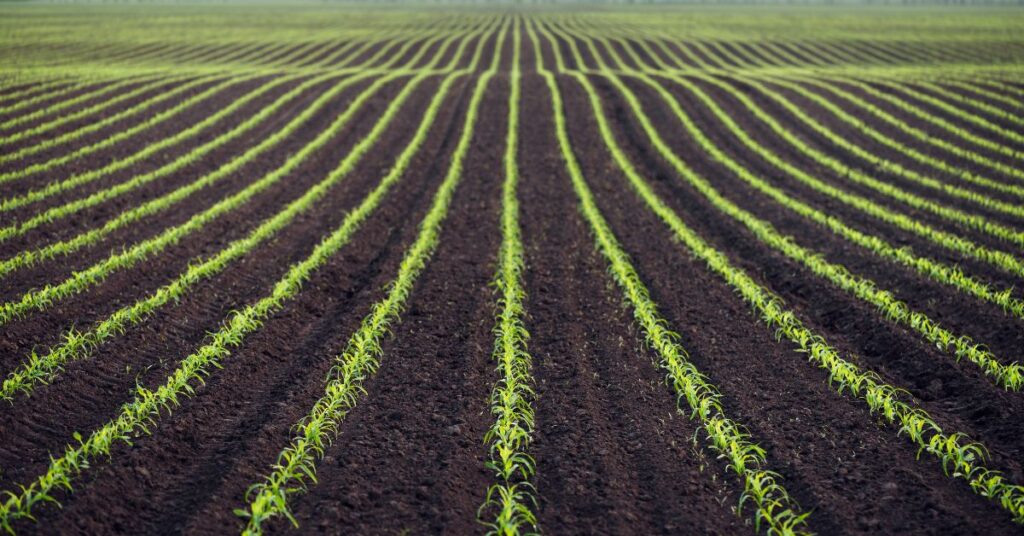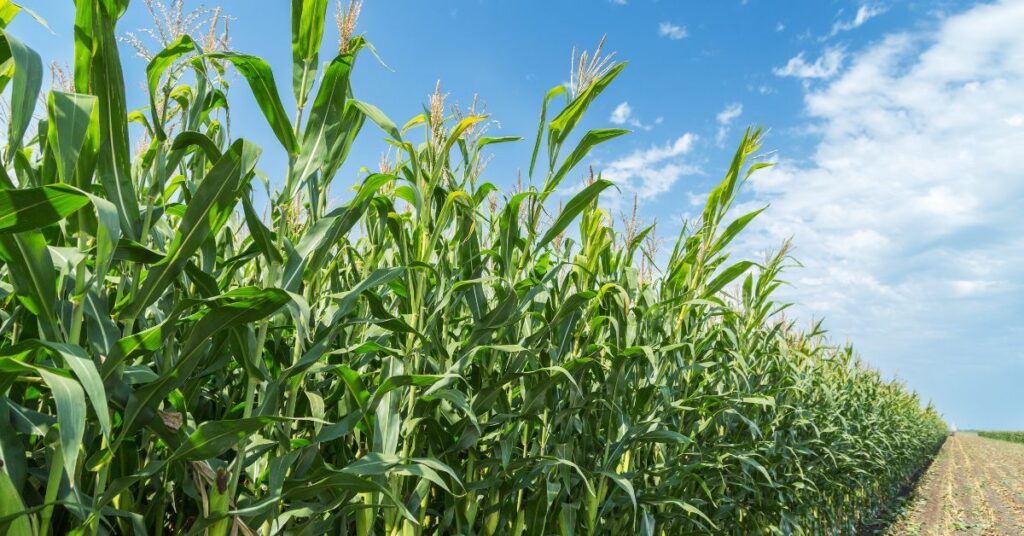Iowa is critical to the agriculture industry. It’s a state where rich soil and innovative farming practices come together to create a powerhouse of productivity. For people considering buying farmland in Iowa, a multitude of fascinating facts can guide your decision.
Our comprehensive walkthrough of the biggest facts you didn’t know about Iowa farmland dives deep into the essence of this state’s place in the agriculture industry. Learn more about Iowa farmland today to ensure you can navigate the market with more knowledge and focus.
Farming in Iowa Is a Family-Focused Industry
Iowa has a strong agricultural reputation. The state’s agricultural traditions have been passed down through generations, creating a deep-rooted culture of farming. This legacy is evident in the numerous family-owned farms with Century and Heritage farm recognition. The Century Farm recognition is for farms that family members have passed down for 100 years or more. On the other hand, the Heritage Farm recognition is for farms passed down for 150 years or more.
A vast number of Iowa farms are family-owned businesses that have been carefully passed down through generations. With smart planning and consistent care, you can keep your farmland in Iowa thriving for many, many years. This commitment to preserving the land and improving farming techniques has kept Iowa at the forefront of American agriculture.
The Economic Contributions Are Substantial
One can’t ignore the economic value of farming in Iowa. Agriculture is a key driver of the state’s economy, but the economic impact of Iowa farmland extends beyond the state’s borders. Iowa is one of the largest exporters of agricultural products in the United States, supplying food and raw materials to countries around the world.
The USDA ranks Iowa number one in the US for many agricultural areas, including corn export value, corn for grain production, egg production, pig crop, and field and miscellaneous crops value. Equally impressive is that the USDA also ranks Iowa second in the US for areas such as oat production, soybean production, and net farm income.
The global demand for Iowa’s high-quality produce ensures a steady income for farmers and contributes to the overall stability of the agricultural sector.

Having a Farm in Iowa Isn’t Enough
Iowa’s place in the agriculture industry is massive, but success requires more than just owning a farm in the state. A reputable, successful Iowa farm will build its reputation on diverse agricultural practices and the variety of crops it produces.
Corn and soybeans dominate the landscape, but the state’s agricultural output is far more varied. Farmers in Iowa also grow oats, hay, wheat, and barley along with a range of vegetables.
Crop rotation is a common practice in Iowa. This method involves alternating the types of crops grown on a particular piece of land, which can improve soil health, increase yields, and reduce pest infestations. The use of advanced machinery and technology further enhances farming efficiency, making Iowa farms some of the most productive in the country.
The aforementioned list of Iowa’s USDA agricultural rankings prioritizes more than crops; it also highlights infrastructure. For example, Iowa is ranked first for total capacity of storage facilities, second for capacity of off-farm storage facilities, and third for total number of farms.
Livestock farming is another crucial aspect of Iowa agriculture. The state is a leading producer of pork, beef, and dairy products. Livestock farming complements crop production, and an integrated approach to farming creates sustainable systems that benefit both the environment and the economy.
Diversifying Farm Designs
Building and maintaining successful farms involves many steps. Farmers can diversify their farming operations by incorporating agritourism. Offering farm tours, petting zoos, and seasonal events can attract visitors from across the state. This innovative approach provides an additional revenue stream and maintains the farm’s heritage, which is especially important if the farm is family owned.
These examples highlight the opportunities available to farmers in Iowa. With the right strategies and a commitment to excellence, achieving significant success and contributing to the state’s rich agricultural legacy are possible.

Legacy Farms Continue Encouraging Sustainability
An important fact you should know about Iowa farmland is that, although families own much of it, these facilities frequently rely on modern, sustainable practices. Balancing consistent management standards and cutting-edge practices is critical for success through the years.
Farmers are increasingly adopting practices that minimize environmental impact and promote long-term soil health. Techniques such as no-till farming, cover cropping, and precision agriculture are becoming more common, preserving the land for future generations.
Innovation also plays a key role in the evolution of Iowa agriculture. The use of drones and data analytics is transforming the way farmers manage their operations. These technologies enable more precise planting, watering, and harvesting, leading to increased efficiency and reduced waste.
By adopting sustainable farming practices and focusing on niche markets, farmers can build successful businesses that supply local restaurants and farmers markets.
You Can Buy Farmland in Iowa Now
Another misconception is that you can’t easily buy and start a farm in the state due to families owning a wide portion of Iowa farms. However, you can absolutely buy farmland in Iowa, whether you’re a longtime resident or a newcomer to the area.
The process of buying farmland in Iowa involves several considerations and steps. Prospective buyers should start by researching the available properties and understanding the local market conditions. At Midwest Land Management, you can browse our Midwest farms for sale to find properties in Iowa perfect for starting your operation.
Working with a real estate expert specializing in agricultural properties can provide valuable insight and help you identify suitable options. Farm buyers should always consider the availability of water and any environmental restrictions that may affect farming activities.
Iowa is a prime location for farming. By understanding the process of buying farmland and learning from the success stories of others, prospective buyers can make informed decisions and achieve their farming goals. Find your footing in Iowa’s farming market today if you’re ready to become a part of the United States’ agriculture industry in a big way.